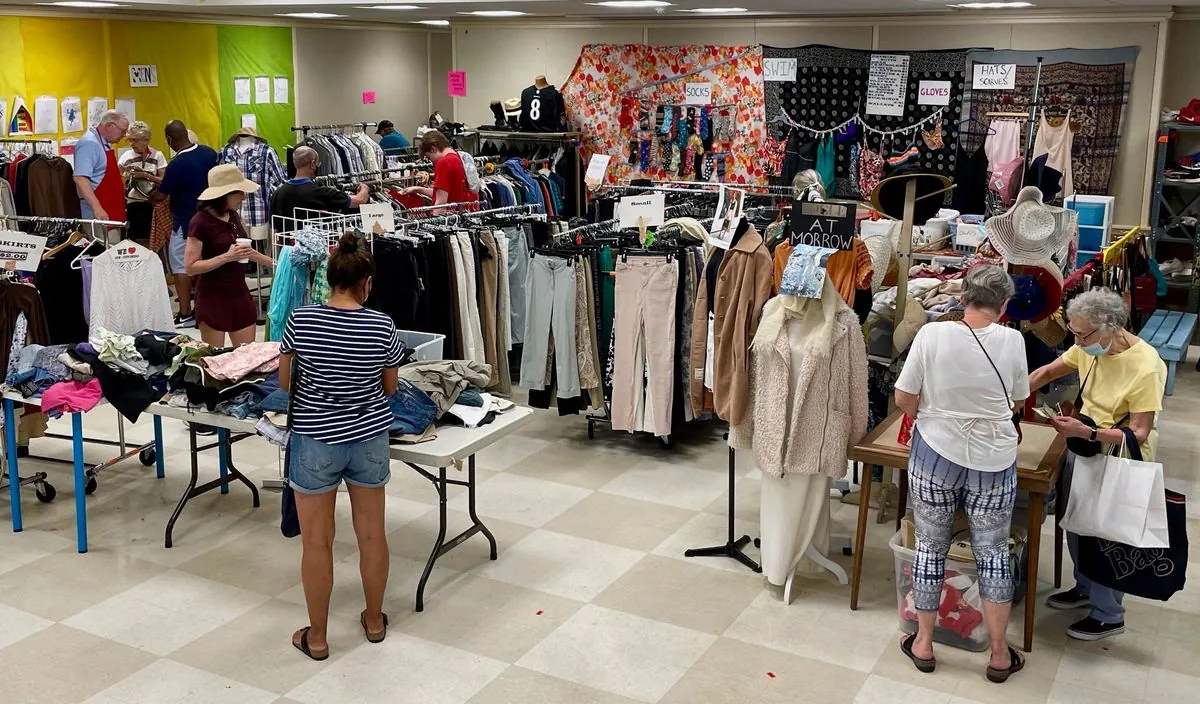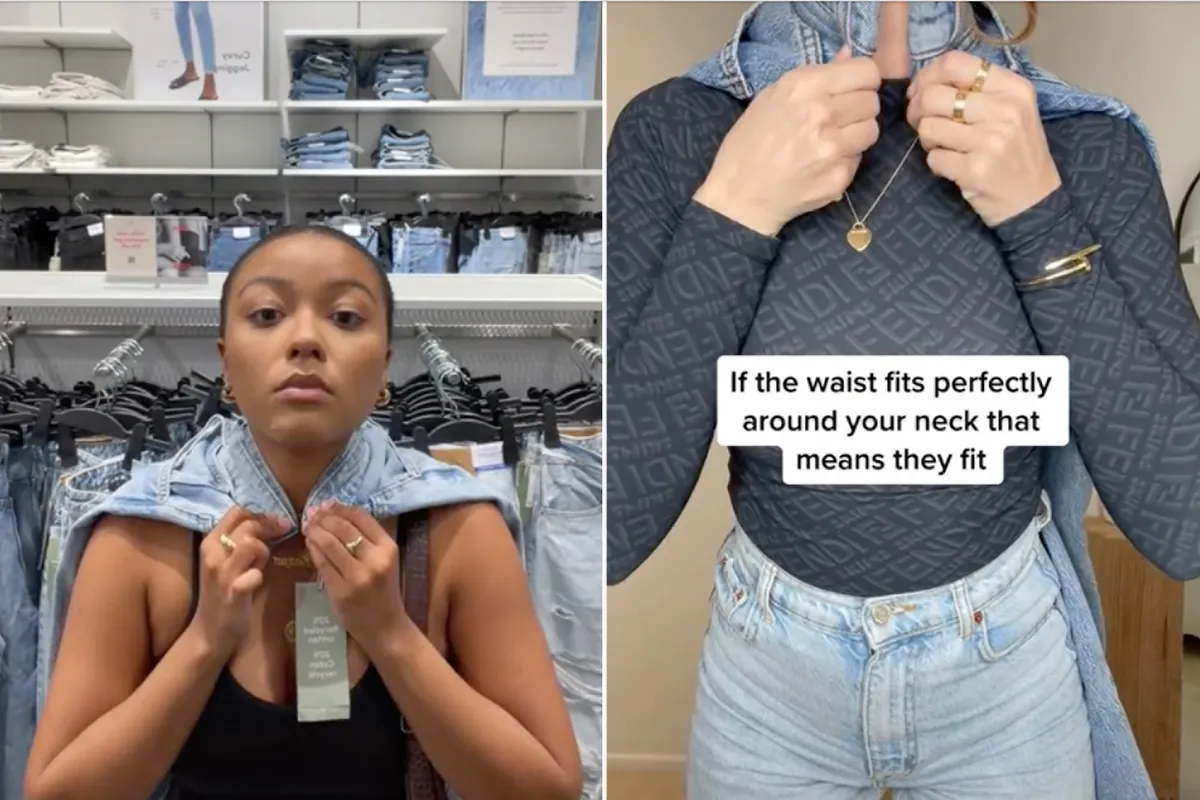GLP-1 Weight Loss Drugs Reshape Retail: Fashion and Food Industries Adapt
GLP-1 medications are transforming shopping habits as users slim down. Retailers and food companies are adapting to serve a changing consumer base, while concerns about size inclusivity arise.

The retail landscape is undergoing a significant transformation as GLP-1 medications like Ozempic and Wegovy gain popularity for weight loss. These drugs, originally developed for diabetes treatment, are now reshaping consumer behavior in both fashion and food industries.
According to a May 2024 survey by KFF, approximately 15 million Americans currently have prescriptions for GLP-1 medications. This trend is expected to grow, with JP Morgan Research forecasting a $100 billion market serving 30 million Americans by 2030.
The impact on the fashion industry has been particularly noticeable. Luxury retailers were quick to capitalize on the downsizing trend, as early adopters of weight-loss drugs tended to be affluent. Research from Impact Analytics revealed a 5% increase in "small" women's clothing purchases between 2022 and 2024 in New York's Upper East Side, an area with a high percentage of non-diabetic weight-loss drug prescriptions.
"Most brands are actively observing, reacting to, and jumping on these trends. They're thinking about different product ranges. They're thinking about inventory management, how to shift the size curve downward."
Personal experiences highlight the profound impact of these medications on shopping habits. Kait Handler, who lost 50 pounds on Zepbound, found herself able to shop in stores she previously avoided. Amanda Hartman, after losing nearly 50 pounds on Wegovy, invested in tighter, more fashionable clothing.

However, this shift raises concerns about the potential erosion of size inclusivity in fashion. The Vogue Business Spring/Summer 2025 menswear size inclusivity report found a decline in plus-size representation on luxury runways. Some retailers specializing in plus-size offerings, such as Eloquii and Universal Standard, report no significant changes in demand yet but remain cautious about future trends.
The impact extends beyond fashion into the grocery sector. JP Morgan Research found that people using weight-loss treatments purchased about 8% less food, including snacks and high-carb products, between November 2022 and 2023. Major food companies like General Mills and Conagra reported decreases in U.S. snack sales between 2023 and 2024.
To adapt, the food industry is exploring new strategies. Weight Watchers launched a program catering to those taking weight-loss drugs, while Nestlé is developing products to support consumers' weight loss journeys. Grocers may need to rethink store layouts, potentially replacing sugary displays and snack aisles with more fresh produce and protein options.
As the retail sector continues to evolve in response to this trend, it faces the challenge of balancing the needs of a changing consumer base while maintaining inclusivity for all body types. The long-term effects of GLP-1 medications on shopping habits and retail strategies remain to be seen, but their impact is already reshaping the industry in significant ways.


































